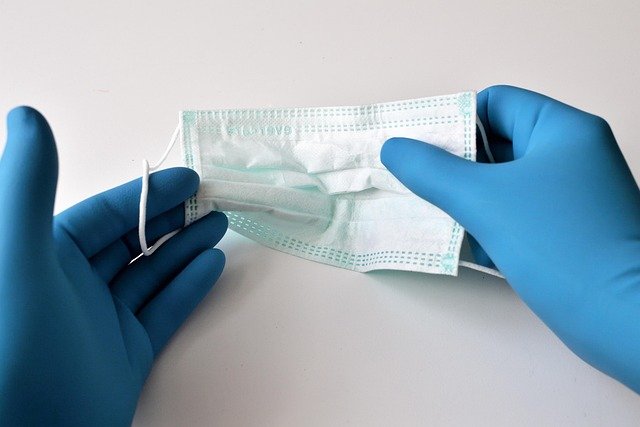Understanding the vital role of hospital sanitation technicians
In the realm of healthcare, cleanliness is paramount. Hospital sanitation technicians are the unsung heroes of this crucial arena. They maintain hygienic environments, ensuring patient safety and preventing infections. What responsibilities do they fulfill? What skills are necessary to excel in this role? How do they impact overall healthcare quality? This article delves into these questions, breaking down the vital contributions of hospital sanitation technicians.

What does a hospital sanitation technician do?
Hospital sanitation technicians are responsible for maintaining a clean and sterile environment within healthcare facilities. Their duties include cleaning and disinfecting patient rooms, operating rooms, common areas, and other hospital spaces. They use specialized cleaning equipment and follow strict protocols to ensure thorough sanitization. These professionals also manage waste disposal, including hazardous materials, and maintain inventory of cleaning supplies. Their work is essential in preventing the spread of infections and creating a safe environment for patients, staff, and visitors.
What qualifications and skills are required for this role?
While formal education requirements may vary, most hospitals require a high school diploma or equivalent for sanitation technician positions. Some facilities may prefer candidates with post-secondary education in healthcare or related fields. Essential skills include attention to detail, physical stamina, and the ability to follow precise instructions. Knowledge of proper cleaning techniques, infection control protocols, and safety procedures is crucial. Strong communication skills are also important, as technicians often interact with patients, visitors, and healthcare staff.
How do sanitation technicians impact patient safety and infection control?
The work of hospital sanitation technicians directly contributes to patient safety and infection control. By maintaining a clean and sterile environment, they help prevent healthcare-associated infections (HAIs), which can be life-threatening to vulnerable patients. Proper cleaning and disinfection of high-touch surfaces reduce the risk of pathogen transmission. Sanitation technicians also play a role in outbreak prevention and control by implementing enhanced cleaning protocols during disease outbreaks or flu seasons. Their diligence in following infection control guidelines is crucial in maintaining the overall health and safety of the hospital community.
What challenges do hospital sanitation technicians face?
Hospital sanitation technicians encounter various challenges in their daily work. They must adhere to strict time constraints while ensuring thorough cleaning, especially in high-turnover areas like emergency departments. Exposure to potentially infectious materials and hazardous chemicals requires constant vigilance and proper use of personal protective equipment (PPE). The physical demands of the job, including long periods of standing, lifting, and repetitive motions, can lead to fatigue and potential injury. Additionally, working in a high-stress environment and dealing with occasionally difficult situations, such as cleaning up bodily fluids or handling medical waste, can be emotionally taxing.
What career opportunities and advancement paths exist for sanitation technicians?
Hospital sanitation technicians have several opportunities for career growth and advancement. With experience and additional training, they can progress to supervisory roles, overseeing teams of technicians and managing department operations. Some may specialize in specific areas, such as operating room sanitation or infection control. Further education and certification can lead to positions in environmental services management or broader healthcare administration roles. Additionally, the skills and experience gained as a sanitation technician can serve as a stepping stone to other healthcare careers, such as nursing or medical technology, with appropriate additional education.
How has the COVID-19 pandemic affected the role of hospital sanitation technicians?
The COVID-19 pandemic has significantly elevated the importance and visibility of hospital sanitation technicians. These professionals have been on the frontlines, implementing enhanced cleaning protocols to combat the spread of the virus. Their role has expanded to include more frequent disinfection of high-touch surfaces and the use of advanced cleaning technologies, such as UV light disinfection systems. The pandemic has also increased public awareness of the critical nature of their work, leading to greater recognition and appreciation for these essential healthcare workers. Many hospitals have invested in additional training and resources for their sanitation teams, further emphasizing the vital role they play in maintaining public health and safety.
In conclusion, hospital sanitation technicians play a crucial role in maintaining the health and safety of healthcare environments. Their work directly impacts patient outcomes, infection control, and overall hospital operations. As the healthcare landscape continues to evolve, particularly in light of global health challenges, the importance of these dedicated professionals will only continue to grow. Their commitment to cleanliness and infection prevention remains a cornerstone of effective healthcare delivery.
This article is for informational purposes only and should not be considered medical advice. Please consult a qualified healthcare professional for personalized guidance and treatment.




